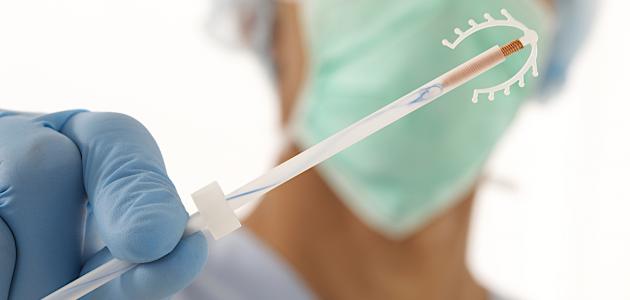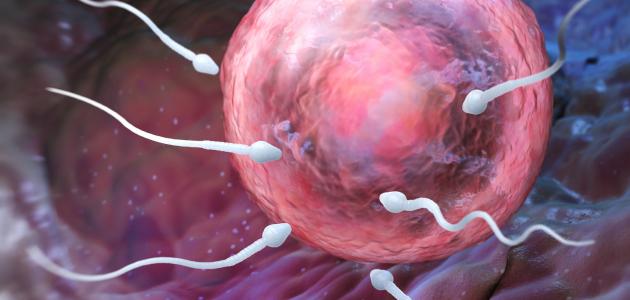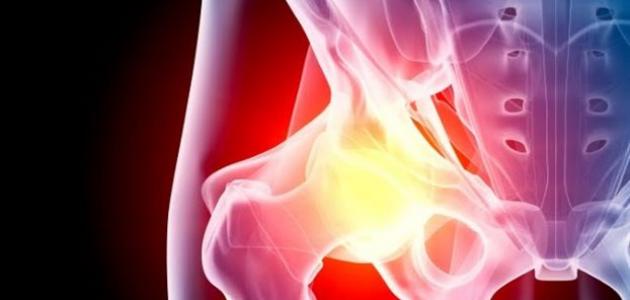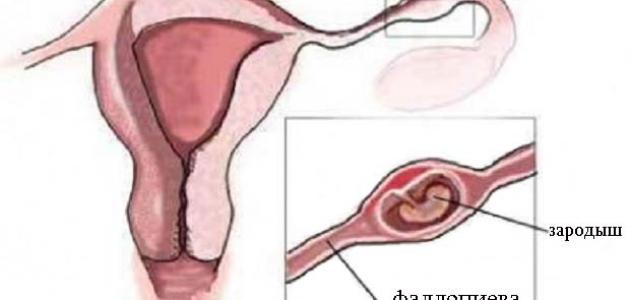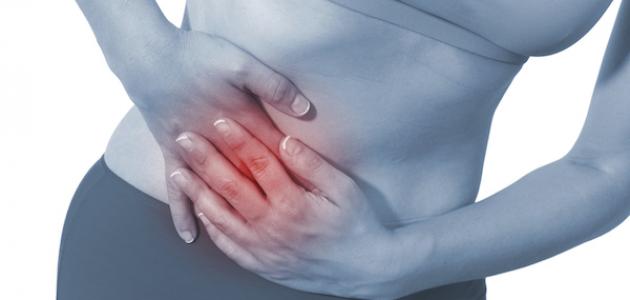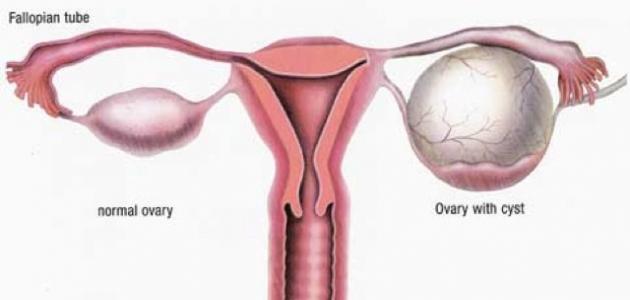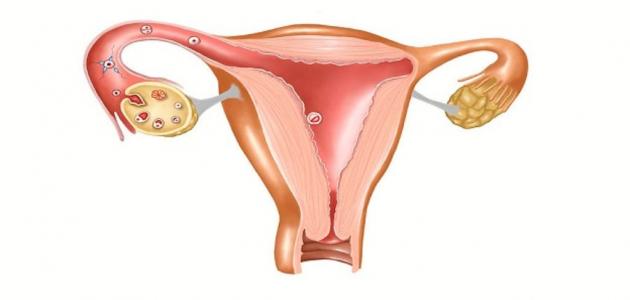Contents
menstruation
The menstrual cycle is defined as a group of physiological changes that an adult female undergoes, and it often begins from eight to twelve years of age, and continues until she reaches the stage of menopause , and these changes are produced by the action of hormones that prepare her body for pregnancy In fact, the number of days of the menstrual cycle is calculated from the first day of the current menstruation until the first day of the next menstruation, where the average length of each menstrual cycle is approximately 28 days, and this is why it is called the menstrual cycle, and this does not deny that its length may be greater or less than that among the female And the other. The start of the menstrual cycle menstrual period , which lasts for three to five days usually, where menstrual blood flows from the uterus and out through the opening of the vagina containing part of the lining of the uterus, is the regularity of the menstrual cycleA good sign of a healthy body, in addition to that it helps women determine the day of ovulation, which occurs on the 14th day approximately in women whose cycle length is 28 days. [1]
Profuse bleeding in the menstrual cycle
Known as heavy bleeding in the menstrual cycle as the bleeding that occurs in the menstrual period, so that it can be either bleeding thickly during the normal period of menstruation, or menstrual period for more than seven days, affecting women 's daily lives and activities . [2]
Symptoms of profuse menstrual bleeding
The female may notice heavy bleeding in her menstrual cycle since her first menstruation, or after a long period of regular menstruation, as it is advised to consult a doctor and consult him when some of the complications of bleeding such as anemia appear that lead to fatigue, general fatigue, and difficulty breathing Among the most prominent symptoms of menorrhagia are the following: [3]
- Change the pads every hour, throughout the day or for several days.
- Not doing too much because of the painful cramps.
- Notice the emergence of lumps or clots in menstrual bleeding.
- Increase in the length of menstruation , extending to seven days and more.
Causes of profuse bleeding in the menstrual cycle
There are a group of reasons that can lead to excessive bleeding, the most prominent of which are the following: [2]
- Hormonal imbalance: In a normal menstrual cycle, a balance occurs between the hormones estrogen and progesterone to regulate the growth of the endometrium, which is excreted during the period of menstrual bleeding. If a hormonal imbalance occurs, the endometrium grows excessively. This leads to profuse bleeding when shed during menstruation, and there are a number of cases in which the balance of hormones is imbalanced, most notably polycystic ovary syndrome, in addition to suffering from obesity, insulin resistance , and thyroid problems .
- Weakness of the ovaries: ovarian weakness leads to a lack of ovulation occurs during the menstrual cycle, and thus not the secretion of the hormone progesterone naturally in the body, which causes imbalance hormone, which in turn leads to the abundance of bleeding during the menstrual cycle.
- Uterine fibroids: is one of benign tumors, which may appear in the uterus during the reproductive years, and can cause bleeding profusely or increase the length of the menstrual period from the normal limit.
- Benign uterine tumors: (Uterine polyps) are non-cancerous growths that grow on the uterine wall , and lead to heavy bleeding in the menstrual cycle or to an increase in the length of the menstrual period beyond the normal limit.
- Incurable adenovirus: occurs this disease when the growth of endometrial glands within the uterine muscle, leading to severe pain and heavy bleeding during the menstrual cycle.
- IUD: (Intrauterine device), as menorrhagia is one of the well-known side effects of using an IUD for birth control.
- Pregnancy complications: Placenta previa or a low-lying placenta is a cause of heavy bleeding during pregnancy.
- Cancer: It is possible to have cancer of the uterus or cervical cancer cause severe bleeding during the menstrual period, particularly if the result of a previous cervical tests are abnormal.
- Genetic bleeding disorders: (Inherited bleeding disorders), as some hereditary bleeding disorders may be the cause of profuse bleeding during the menstrual cycle, and the most prominent of these disorders is Von Willebrand's disease, which occurs as a result of a deficiency or disorder in One of the important factors for blood clotting.
- Medicines: Some drugs can contribute to profuse menstrual bleeding, such as anti- inflammatory drugs , hormonal drugs such as estrogen and progestin, and anticoagulants such as Warfarin , and Enoxaparin .
Treatment of heavy menstrual bleeding
Treatment of bleeding varies according to a combination of factors, and can treatment depends on the use of NSAIDs , and pills to prevent pregnancy , or resort to surgical intervention in some cases, and the most prominent factors that determine the quality of treatment include: [ 4]
- General health and medical history of the infection.
- The cause and severity of the bleeding .
- The victim's ability to tolerate medicines or surgeries.
- The possibility of the bleeding becoming less profuse over time.
- Desire to have children.
- The effect of the size of the hemorrhage on the nature of life.
- Infected desire.
References
- ↑ "Menstruation (Menstrual Cycle)" , www.medicinenet.com , Retrieved 4-5-2018. Edited.
- ^ A b "Menorrhagia (Heavy Menstrual Bleeding)" , Www.mayoclinic.org , 15-7-2017, Retrieved 4-5-2018. Edited.
- ↑ "Why Is My Period So Heavy?" , www.webmd.com , Retrieved 4-5-2018. Edited.
- ↑ "Menorrhagia (heavy menstrual bleeding)" , www.mayoclinic.org , Retrieved 04-05-2018. Edited.





